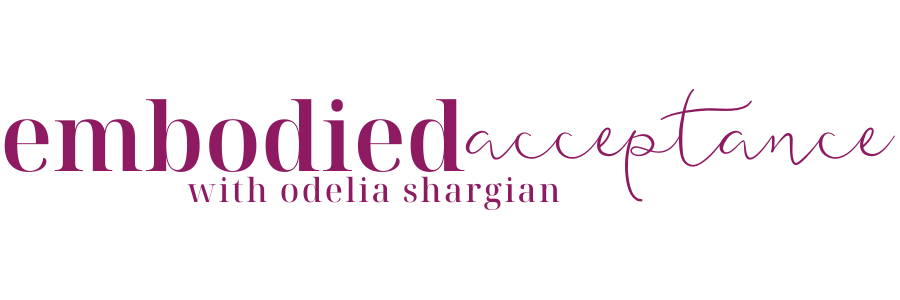Don’t use this word (you’ll thank me)
When it comes to sex, we might judge what someone else is saying, doing, or wanting to do as “not appropriate.” But what does “appropriate” really mean?
It’s a word loaded with shame, implying that there is some universal rulebook dictating what is right and wrong.
In reality, sex is deeply personal, and the most helpful approach isn’t about external moral codes - it’s about our own authentic boundaries.
When we label something as inappropriate, we assume that the other person is doing something wrong. But more often than not, our reaction is actually a sign that our own boundaries have been touched or crossed.
Discomfort doesn’t necessarily mean the other person is in the wrong, it means something in us is being activated, and that’s an invitation to check in with ourselves. Instead of relying on an external set of rules, we can ask:
How does this land in my body?
Does this feel good, or does it bring up discomfort?
Am I open to this, or does it cross a line for me?
Imagine your partner brings up the idea of watching porn together, and your immediate reaction is, That’s inappropriate!
You might feel a sense of discomfort or even judgment toward your partner. But instead of shutting down the conversation, you take a moment to check in with yourself.
Is your reaction coming from a personal boundary - you truly don’t want to watch porn? Or is it coming from shame-based messages you’ve received about porn being “bad” or “dirty”?
If it’s the latter, you might explore whether this belief still serves you, or whether you’re open to redefining your perspective. Either way, the key is to own your response rather than framing it as a moral judgment about what’s “right” or “wrong.
This process allows us to consciously evaluate our willingness to tolerate or engage in something, rather than react from old conditioning.
(Side note: did you know there’s ethical porn and porn made by women? Talk to me about it if you want more info ;)
As a sex and relationship coach, I help you develop a deep awareness of their own boundaries, separate from shame and judgment.
I guide you in recognizing your “yes,” “no,” and “maybe” with clarity and confidence. And just as importantly, I help you practice communicating those boundaries in a way that fosters connection rather than shutting it down with partners, lovers, or even in casual conversations about sex.
